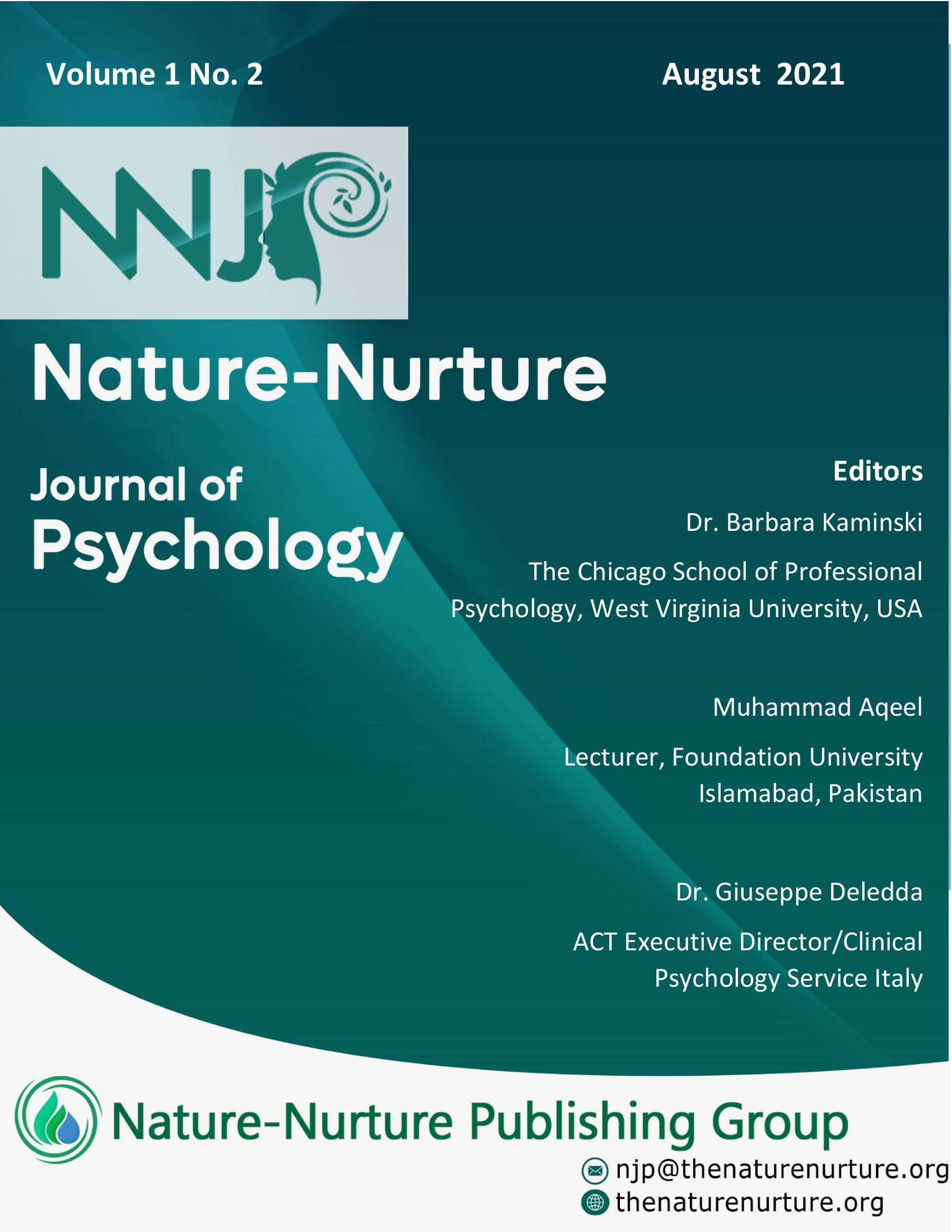Abstract
Background: Prevailing literature supported the relationship among deliberate self-harm, depression, and mood swings, a noticeable risk variable of suicide in youth. The purpose of present study was to examine the potential mediation of suicidal ideation in the relationship among deliberate self-harm, depression, positive and negative affect in male and female university students. However, there is a lack of clarity and scarcity of previous studies on above subject matter globally.
Methods: In present study, a purposive sampling technique and cross-sectional design were used. 200 university students with self-harm tendency, age ranged from 18 to 24 (M = 20.15, SD = 10.02) years, they were enrolled from different public and private universities of twin’s cities of Rawalpindi and Islamabad, Pakistan, in 2020. Four instruments, Beck Scale for Suicide Ideation, Inventory of Statement about Self-Injury (ISAS), Depression Anxiety Stress Scale (DASS), and Positive and Negative Affect Schedule were used to examine deliberate self-harm, suicidal ideation, depression, anxiety, stress, negative and positive affect in university students.
Results: The results of study revealed that suicidal ideation was positively significantly associated with deliberate self-harm, depression and stress in university students. Further, deliberate self-harm was positively significantly associated with stress, anxiety, and depression. Moreover, this study revealed that suicidal ideation partial mediated between deliberate self-harm and positive affect in male university students.
Conclusions: The findings of present study recommended that both deliberate self-harm and suicide ideation could be stimulated mental health problems including stress, depression, and mood swings in university students. Moreover, this study illustrated the need for early screening of deliberate self-harm to prevent and tackle the risk of mental health issues including suicidal ideation, depression and moods swings.

This work is licensed under a Creative Commons Attribution 4.0 International License.

